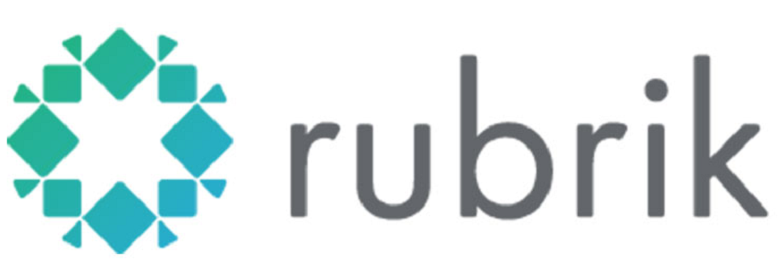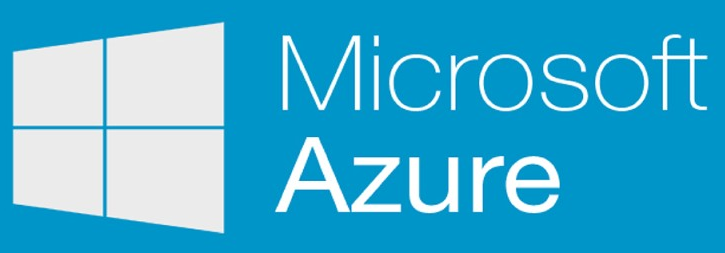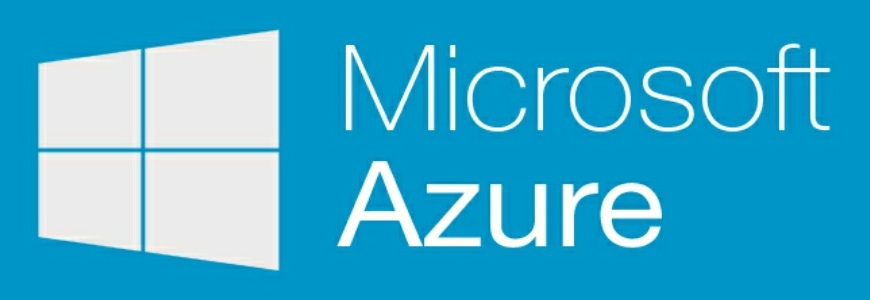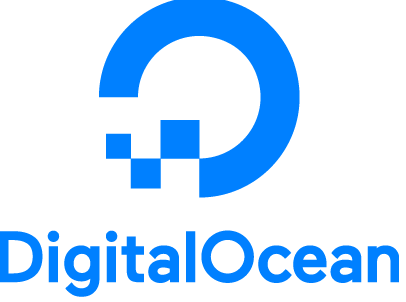Rubrik, the Multi-Cloud Data Control Company, announced a new joint solution in collaboration with NetApp, the data authority for hybrid cloud. The solution, Rubrik Cloud Data Management for NetApp StorageGRID, combines Rubrik’s platform with enterprise-grade object storage to automate data life-cycle management through Rubrik’s simple control plane, while using StorageGRID as a cloud-scale object-based archive target. This enables enterprises to quickly find and restore virtual machines, databases, files, and more, regardless of location – in Rubrik, in StorageGRID, and across the public cloud.

As data continues to grow exponentially, managing infrastructure for backup, recovery, and compliance becomes increasingly complex. IT teams must juggle managing the infrastructure for mission-critical applications, while also delivering new services on-premises and in the cloud to achieve a competitive advantage.
On top of this, enterprises face significant challenges in optimizing the cost, performance and compliance of new cloud services due to evolving regulations and business requirements. With Rubrik Cloud Data Management for NetApp StorageGRID, IT teams can power new business applications while quickly and easily optimizing cost and performance at scale.
Wendy Bahr, Chief Commercial Officer at Rubrik, said
The combination of our industry-leading data management platform with NetApp’s enterprise-grade object storage offers a powerful solution for enterprises looking to accelerate and simplify data life-cycle management at cloud scale. NetApp is a strategic partner for Rubrik and we believe this scalable solution will reduce data protection complexities as data continues to grow.
Rubrik Cloud Data Management for NetApp StorageGRID delivers policy-based automation to simplify all aspects of data management and enable global file-level search, providing customers with instant access to massive amounts of unstructured data. Key features of the joint solution include:
- Policy-Based Simplicity – Rubrik Cloud Data Management for NetApp StorageGRID deliver policy engines that automate lifecycle management while optimizing performance, latency, cost, and compliance.
- Cost-Effective Scale – Customers can easily handle rapid data growth while avoiding forklift upgrades for secondary and archive data. Linear scalability allows teams to grow at their own pace.
- Cloud Mobility – IT teams can easily migrate to their cloud provider of choice and migrate petabyte-scale NAS shares directly to NetApp StorageGRID.
Brad Anderson, EVP and GM, Cloud Infrastructure & Storage Systems, NetApp, said
NetApp is committed to helping our customers maximize the value of their data whether on premises, or in a private, public or hybrid multi-cloud environment. The combination of Rubrik’s Cloud Data Management platform with StorageGRID simplifies all aspects of data management from backup to recovery, providing customers with the ultimate peace of mind.
Rubrik’s Cloud Data Management platform organizes and protects data on-premises, at the edge, and in the cloud. Users can eliminate manual backup job scheduling with simple policy-based backup & archival to public or private clouds, including NetApp StorageGRID. With Rubrik, enterprises can simplify backup and recovery, accelerate cloud adoption, deliver automation at scale, and defend against ransomware with an easy-to-use, consumer-grade interface.
Ken Farber, President at ePlus, said
ePlus has had a longstanding partnership with both NetApp and Rubrik, and this new solution addresses a major need for customers looking to optimize and digitize their IT environments. This joint solution from NetApp and Rubrik should help businesses better leverage their data life-cycle management processes, allowing them to quickly and easily optimize cost and performance at scale across the public cloud.
NetApp StorageGRID is a software-defined object storage solution that supports industry-standard object APIs such as Amazon Simple Storage Service (S3) API and OpenStack Swift API. Users can create multiple service levels with metadata-driven object lifecycle policies, optimizing durability, protection, performance, cost, and location across multiple geographies.








